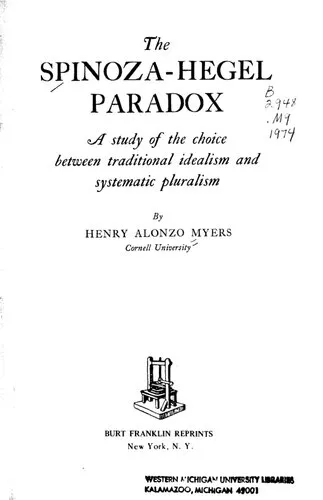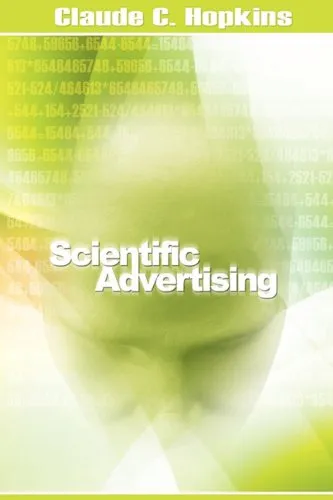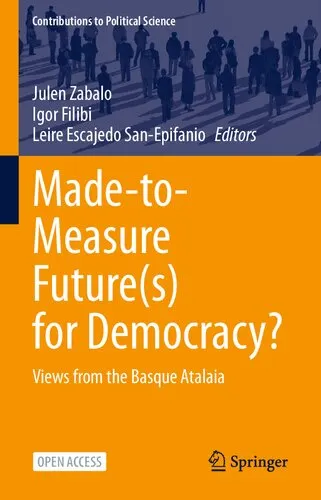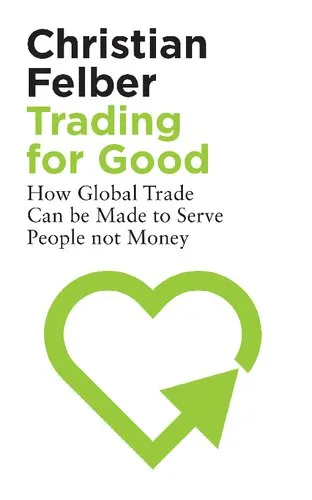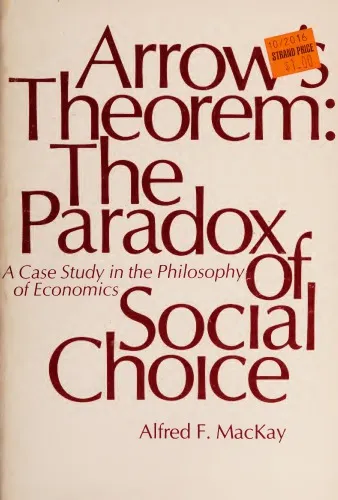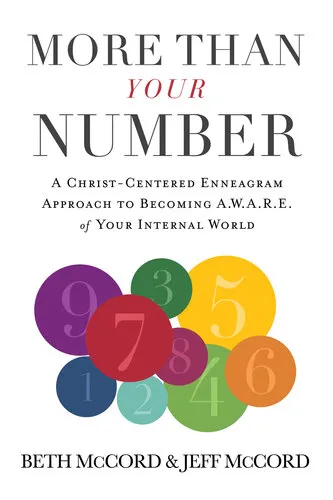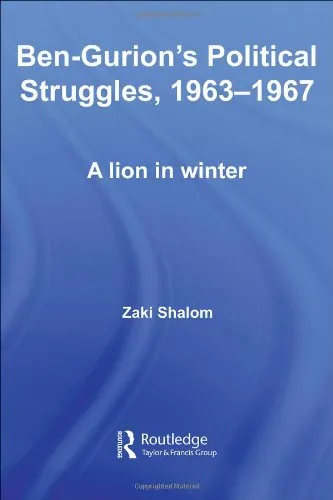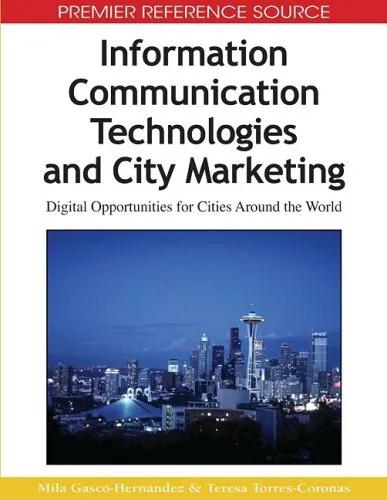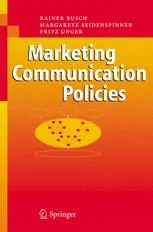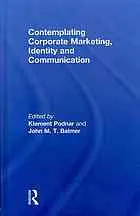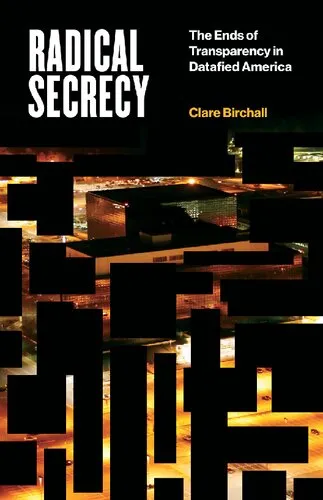The Spinoza-Hegel paradox : a study of the choice between traditional idealism and systematic pluralism
4.9
Reviews from our users

You Can Ask your questions from this book's AI after Login
Each download or ask from book AI costs 2 points. To earn more free points, please visit the Points Guide Page and complete some valuable actions.Related Refrences:
Welcome to the intricate world of philosophical inquiry presented in "The Spinoza-Hegel Paradox: A Study of the Choice between Traditional Idealism and Systematic Pluralism." As we delve into this exploration, we aim to unravel complex philosophical questions that shape our understanding of the universe, existence, and the nature of knowledge. This book poses a challenging yet enlightening journey through the philosophical doctrines of two towering figures, Spinoza and Hegel, while juxtaposing them against modern pluralistic ideologies. In this treatise, I aim to illuminate the philosophical crossroads between traditional idealism and the burgeoning realm of systematic pluralism.
Detailed Summary of the Book
The book embarks on a historical and philosophical odyssey, seeking to elucidate the fundamental tenets of Spinoza's and Hegel's philosophies, both giants of idealism. While Spinoza promulgates a monistic ontological view—asserting the singularity of substance—Hegel advances this with his dialectical method, presenting a dynamic and progressive picture of reality through synthesis. These perspectives, steeped in idealism, confront the principles of systematic pluralism that advocate for a multiplicity of equally valid realities and truths.
The narrative unfolds in two major parts: the first delves deep into the core of Spinoza’s pantheistic worldview, which suggests that everything exists within a singular divine reality, and Hegel's subsequent evolution of thought that posits history and rationality as unfolding through dialectical progression. The second part of the book transitions into an analysis of systematic pluralism, which challenges the absolute narratives found in traditional idealism, suggesting that our perceptions shape multiple co-existing worlds rather than a single overarching reality.
Key Takeaways
- The Complexity of Idealism: Understanding the intricacies of how Spinoza’s monism and Hegel’s dialectics comprise differing facets of idealistic thought.
- The Rise of Pluralism: Analyzing how systematic pluralism offers a competing worldview that posits the coexistence of multiple, equally legitimate truths.
- Philosophical Bridges: Assessing the intersections and divergences between the old-school idealism and newer pluralistic approaches.
- Modern Relevance: Exploring how these philosophical discourses apply to and influence contemporary philosophical, political, and social discussions.
Famous Quotes from the Book
"In the face of the infinite, both Spinoza and Hegel offer distinct paths, not opposing destinations."
"The monolithic narratives of yesteryears melt into the vibrant tapestries of pluralism; a testament to humanity's evolving perception."
Why This Book Matters
The contemporary intellectual climate, often characterized by polarized viewpoints and ideological clashes, finds solace in the balancing act presented in this book. By examining the roots and ramifications of idealism and pluralism, "The Spinoza-Hegel Paradox" offers invaluable insights into navigating modern discourses. This book matters because it provides scholars, students, and thoughtful readers with a comprehensive framework for understanding how our approaches to philosophical questions influence not only our personal worldviews but also societal structures.
Moreover, the work is crucial for anyone interested in the philosophical evolution that continues to impact political discourse, cultural dynamics, and social theories. By revisiting and reconciling these age-old philosophical dichotomies, we enrich our capacity for critical thinking and adaptability in an ever-diversifying world.
Free Direct Download
You Can Download this book after Login
Accessing books through legal platforms and public libraries not only supports the rights of authors and publishers but also contributes to the sustainability of reading culture. Before downloading, please take a moment to consider these options.
Find this book on other platforms:
WorldCat helps you find books in libraries worldwide.
See ratings, reviews, and discussions on Goodreads.
Find and buy rare or used books on AbeBooks.
1591
بازدید4.9
امتیاز0
نظر98%
رضایتReviews:
4.9
Based on 0 users review
Questions & Answers
Ask questions about this book or help others by answering
No questions yet. Be the first to ask!
